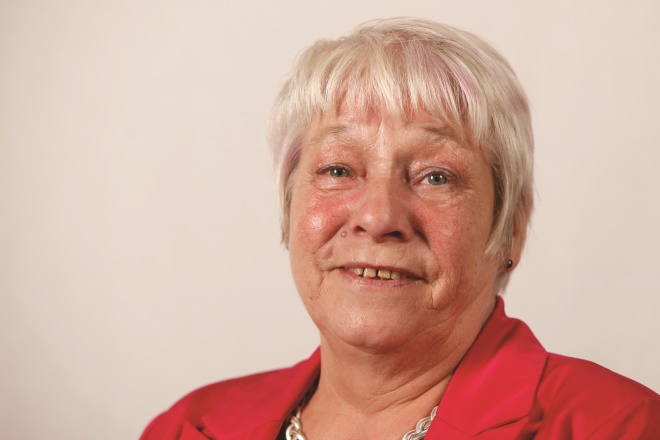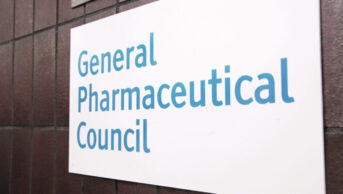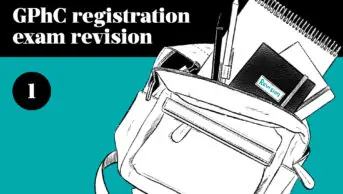
Shutterstock.com

Source: ©Scottish Parliamentary Corporate Body
Sandra White, MSP for Glasgow Kelvin, told the parliamentary health and sport committee that with any other drug, such as heroin, people would get a six-week or six-month detox, not be there for 20 or more years
Community pharmacists should be given a formal role in managing patients in drug recovery programmes in Scotland who are “being parked” on methadone for years, members of the Scottish Parliament (MSPs) have been told.
The call, by pharmacist Carole Hunter, who leads addiction and alcohol and drug recovery services at NHS Greater Glasgow and Clyde, followed evidence from MSPs to the parliament’s health and sport committee, which was looking at investment in prevention services and drugs misuse.
MSPs told the committee that patients were living a “Groundhog Day” existence, with some being left on methadone for 20 or more years.

Source: ©Scottish Parliamentary Corporate Body
Brian Whittle, MSP for South Scotland, told fellow MSPs that methadone was part of a solution but, in itself, not the solution
Brian Whittle, MSP for South Scotland, who had visited an Addaction-run recovery service in Kilmarnock, told fellow MSPs: “A lady … had been on methadone for 20 years before she actually realised she could come off methadone … and that was only by a chance meeting with a peer who had herself come off methadone.
“One of the things that came across really strongly was the feeling that life slips away. Every day was Groundhog Day. Methadone is part of a solution and, in itself, not the solution.”
Sandra White, MSP for Glasgow Kelvin, told the committee: “People are being parked on methadone for 23, 25 years. They said that [with] any other drug such as heroin you would get a six-week or six-month detox. You would not be there for 20-odd years.”
Hunter told the committee that community pharmacists had a key role to play in formally supporting people on methadone recovery programmes.
Hunter, who also manages the NHS Greater Glasgow and Clyde needle exchange programme, said: “There is a role here for pharmacists. There is an untapped potential in the pharmacy profession. The pharmacy profession has the most contact with this group of patients — higher contact than any other health care professional.
“There is a role for pharmacists to be more formally involved in relaxing supervision, identifying patients who are chaotic or destabilising. That is something which should be looked at.”
Her view was reinforced in written evidence from the Royal Pharmaceutical Society (RPS) in Scotland which was presented to the committee.
Its report, which Hunter helped to write, said community pharmacists had a key role to play in drug abuse prevention control and reducing the harm associated with drugs misuse.
Pharmacists could help reduce, for example, infection from HIV and Hepatitis C and other blood-borne pathogens, and could encourage self-care, it said.
Being part of community methadone maintenance programmes was another option for the profession.
The RPS said: “It is important that a refreshed national drugs strategy also reflects and incorporates the current aims for the development of the pharmacy profession in Scotland.
”This is particularly relevant when considering the ageing population of people who use drugs which will inevitably require a more co-ordinated approach.”
And it drew attention to the recent closure of a needle exchange service run by pharmacy chain Boots at Glasgow Central station — the busiest needle exchange scheme in Scotland.
The service closed following concerns from Network Rail about an increase in the unsafe discarding of needles in the public areas of the station.
The RPS said: “It should be recognised that these services are often delivered against a background of stigma, which needs to be addressed.
“This was illustrated by the recent enforced closure of the pharmacy-based injecting equipment provision in Glasgow Central station despite this being an essential professional service delivered in an exemplary fashion by the pharmacy staff.”
You may also be interested in

Pharmacy regulator considers giving up legal authority to conduct covert investigations of pharmacists

More than 40% of people with ADHD waiting at least two years to access mental health service, study finds
